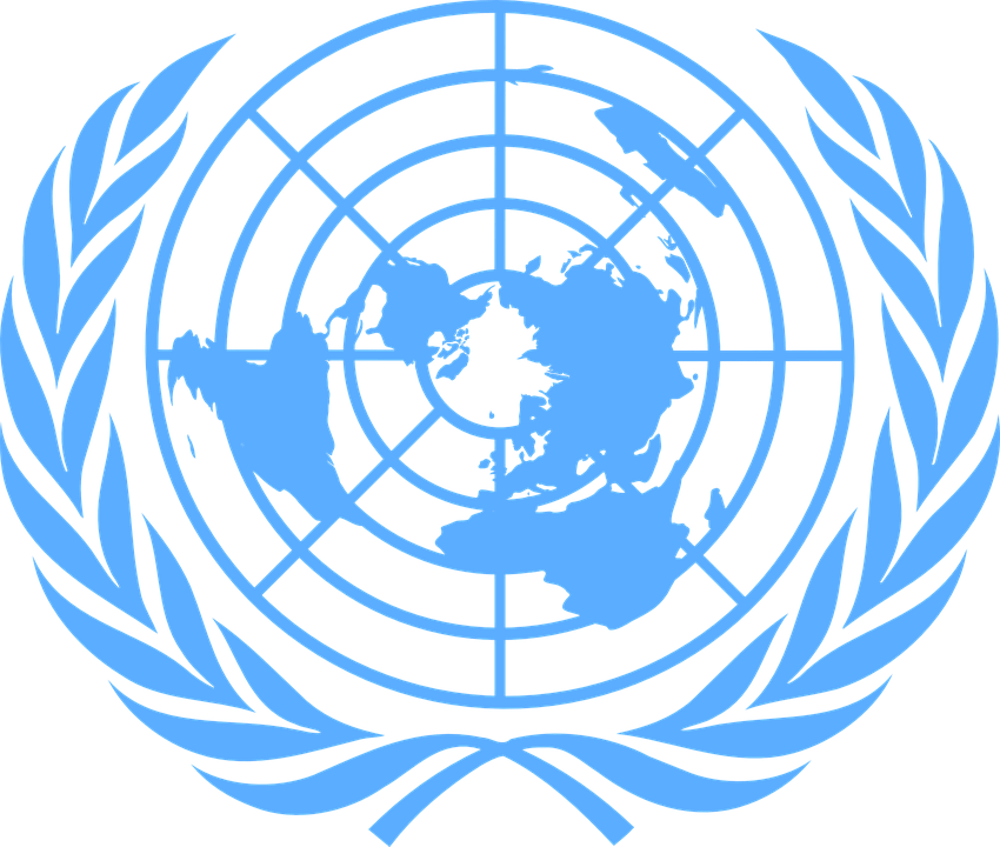On Monday, Sept. 23, a day before the official commencement of the 74th U.N. General Assembly in New York, the U.N. Secretary-General António Guterres publicly announced the formation of a Syrian constitutional committee to bring together the government of the Syrian Arab Republic and the Syrian Negotiations Commission.
This agreement comes as the most notable step towards some semblance of peace in the civil war, which has persisted since March 2011. There have been hundreds of thousands of casualties and millions of displaced Syrians — both domestically and globally — in the world’s most pressing refugee crisis. The constitutional committee of 150 members will set forth to draft a new Syrian constitution and aims to be free from direct foreign intervention. The United Nations will host the committee’s deliberations in Geneva, Switzerland.
The announcement from the U.N. Secretary General shows a glimmer of hope and progress in an otherwise horrific and deadly situation. While the Syrian Civil War has raged on for eight years, the numbers of casualties, displaced peoples, and refugees have continued to increase. Though the chances for a lasting peace and an end to the brutality are slim, the prospects of a fully Syrian-led constitutional process — which includes opposition members as well as current government representatives — stand unchallenged as a potential step forward from the horrors of war.
Despite this announcement, many issues remain in the case of Syria. Most prominent among them are the human rights abuses and war crimes, such as the use of chemical weapons against civilians, committed by the Assad regime. However, this constitutional committee’s formation can be seen as the beginning of a process that will evolve to address such questions.
Notably absent from the discussion surrounding these recent international developments is the United States. The United Nations served as the key facilitator in working this agreement through both sides of the Syrian negotiations, but Russia also had a hand in the international negotiations. In January 2018, Russia itself hosted a Syrian peace conference devoted to the future establishment of such constitutional committees. In fact, at this Russian conference, a preliminary agreement was reached toward the key creation of the committees announced on Sept. 23.
In some cases, the Trump administration’s isolationist and rogue foreign policy approach leads to volatile situations where war and conflict seem imminent. An offensive attack on Iran that many predicted would drag the United States into war was avoided in June when President Trump had a sudden change of heart, 10 minutes before the missiles were to be launched. A year before, Trump’s self-proclaimed “fire and fury” threats were aimed directly at North Korean dictator Kim Jong-Un, apparently to ward off North Korean offensive nuclear attacks. At the very worst, Trump’s foreign policy takes us to the brink of war and chaos.
But when the isolationist strand of Trump’s foreign policy prevails, a much subtler consequence comes to light. Namely, while the United States chooses to detract from the barrage of world events and crises — such as the peace process in Syria — the world does not stop alongside it. The result is a world in which the United States stands idly by, while inroads are made on some of the world’s most pressing problems. Although I would vehemently argue against interventionist foreign policies that have been employed by previous administrations, the United States should not simply retreat from global crises in which it can assume a leading role.
In the case of Syria, Russia, rather than the United States, has invested itself in the peace process, the consequences of which may not bode well for American geopolitics vis-à-vis its adversary.

As it stands now, the United States’ decision to isolate itself and retreat from opportunities to contribute on the world stage only serves to harm itself. This lack of involvement in global affairs on the part of our current administration not only weakens the United States’ footing on the international stage, but also deteriorates any future claims our country can make of becoming a global leader. While the aggressive interventionist perspective towards foreign policy is by no means the proper solution, the current decision of isolation and ignorance proves just as detrimental to the world’s perception of America.
As a Wilson School concentrator studying international relations and public policy, these questions of global justice and the involvement of our country in such events dominate not only a majority of my academic involvements but also my personal passions towards a more just and peaceful world. When we as individuals and as members of a state choose to detract from the current events of our world, we become desensitized and isolated from the plight and situation of fellow members of our shared humanity. Rather than shrug our commitment to remaining involved in global affairs, we should meaningfully engage with the happenings of our international community.
Kaveh Badrei is a senior Wilson School concentrator from Houston, Texas. He can be reached at kbadrei@princeton.edu.









